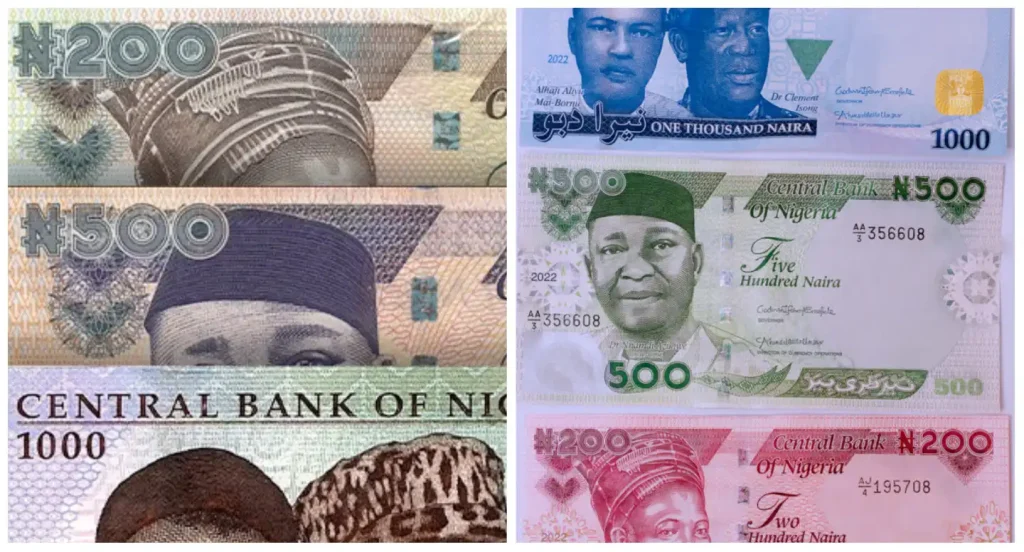In early February 2023, the International Monetary Fund (IMF) advised Nigeria to extend the deadline for swapping old naira banknotes due to significant disruptions in trade and payments caused by a shortage of new 200, 500, and 1,000 naira notes.
The Central Bank of Nigeria (CBN) had set January 31, 2023, as the initial deadline for phasing out old notes, later extending it to February 10 to accommodate rural communities.
Central Bank’s Redesign Strategy
The CBN launched the naira redesign in late 2022 to reduce cash circulation, control liquidity, curb inflation, and accelerate Nigeria’s transition to a cashless economy.
The policy required individuals to deposit old notes at bank branches, with equivalent amounts credited to their accounts.
However, the limited release of new notes by banks led to widespread cash shortages, raising concerns about potential unrest at ATMs ahead of the February 2023 general elections.
Challenges for Rural and Informal Sectors
The policy disproportionately affected Nigeria’s rural population and informal market workers, with millions lacking bank accounts.
The tight deadline exacerbated difficulties for those in remote areas, where access to banking services is limited.
Complaints about insufficient time and new note shortages underscored the policy’s implementation challenges, particularly for unbanked communities reliant on cash transactions.
Economic and Social Implications
The cash scarcity disrupted daily commerce, with fears of social unrest as Nigerians struggled to access funds.
The policy’s intent to modernize Nigeria’s economy clashed with the reality of its cash-dependent informal sector, highlighting infrastructural gaps in banking access.
The IMF’s recommendation reflects broader concerns about the policy’s impact on economic stability, especially during a critical election period.
Next Steps
The CBN’s response to the extended deadline and ongoing shortages remains pivotal. Addressing the cash crisis requires increased distribution of new notes and enhanced banking access in rural areas to prevent further economic disruption and ensure a smoother transition to a cashless system.






